BASIC-INCOME TRIAL
Sitra participated in exploring ways in which to carry out Finland’s first basic income trial.
WHAT WAS THIS WORK ABOUT?
The objective of the analysis carried out in 2016 was to assess different models for a universal basic-income experiment.
The purpose of this basic-income trial was to find ways to reshape social security in response to changes in the labour market. The experiment also explored how to make the system more empowering and more effective in terms of providing incentives for work. Further objectives included the reduction of bureaucracy and the streamlining of the complicated benefits system.
Sitra participated in the project by providing the consortium with guidance on ways to anticipate future developments in society. As part of the project, we organised a developer event on the topic, the Basic Income Hack, whose aim was to gather new perspectives on basic income and solve related problems.
The project was carried out as part of the Finnish Government’s analysis, assessment and research plan for 2015.
Who participated?
The study was a collaborative effort between the Research Department at Kela, the Universities of Helsinki, Tampere, Eastern Finland and Turku, Sitra, Tänk – a Finnish think tank – and the VATT Institute for Economic Research.
The Federation of Finnish Entrepreneurs and experts on municipal governance, tax law and constitutional matters also contributed to the project. The project was led by Olli Kangas, director of research at Kela.
What was achieved?
The final report recommends that the experiment be expanded. (Link in Finnish)
The research group submitted its final report to Minister of Social Affairs and Health, Pirkko Mattila, on 16 December 2016. In the final report, the research group recommended that the basic-income trial be expanded in 2018. The study population should be increased to consider including not only unemployed people but low-income earners.
A preliminary report evaluates different basic income models. (Link in Finnish)
The research group submitted its preliminary report to Minister of Social Affairs and Health, Hanna Mäntylä, on 30 March 2016. The report presents information available on basic-income models, experiments carried out with them and the results of the experiments. It also assesses the effects of the different basic-income models.
In the Basic Income Hack, ten teams, 40 participants and a handful or organisers worked for 32 hours straight to come up with new perspectives on basic income and solutions for related problems. The two-day session that took place in the spring of 2016 resulted in 10 or so interesting ideas. Awards were presented for the best ideas: Perustulon elinkustannuslisä – ratkaisu asumistuen ongelmiin (An additional living allowance to the basic income – a solution to the problems of the housing allowance; link in Finnish) and Perustulopeli – simulaattori elämänvalintojen vaikutuksesta julkiseen talouteen (The basic income game – simulating the influence of life choices on public finance; link in Finnish).
How will this work proceed?
Prime Minister Sipilä’s Government launched the basic-income trial in Finland on 1 January 2017, to run for two years throughout 2017 and 2018. In the experiment, 2,000 unemployed people aged between 25 and 58 will be paid a monthly basic income of 560 euros, unconditionally and without means-testing.
You can follow the news on how the experiment is progressing on Kela’s website: www.kela.fi/web/en/basic-income-experiment-2017-2018.
CONTACT
Go ahead.
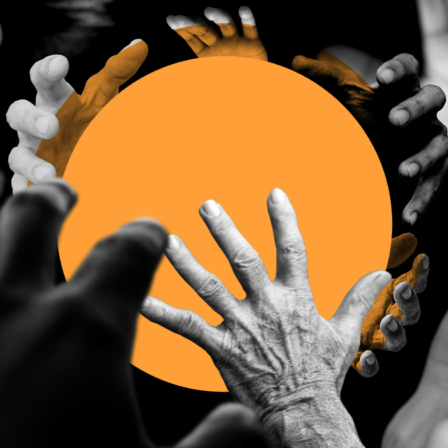

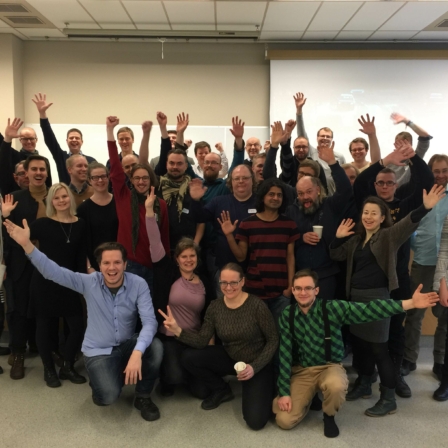
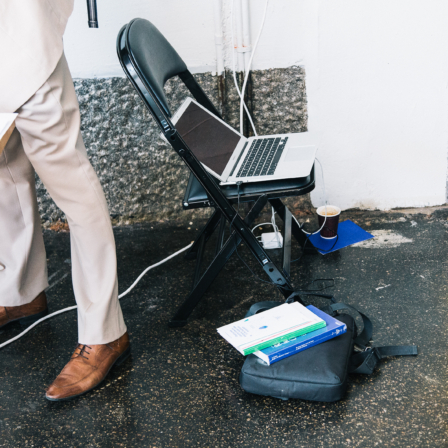

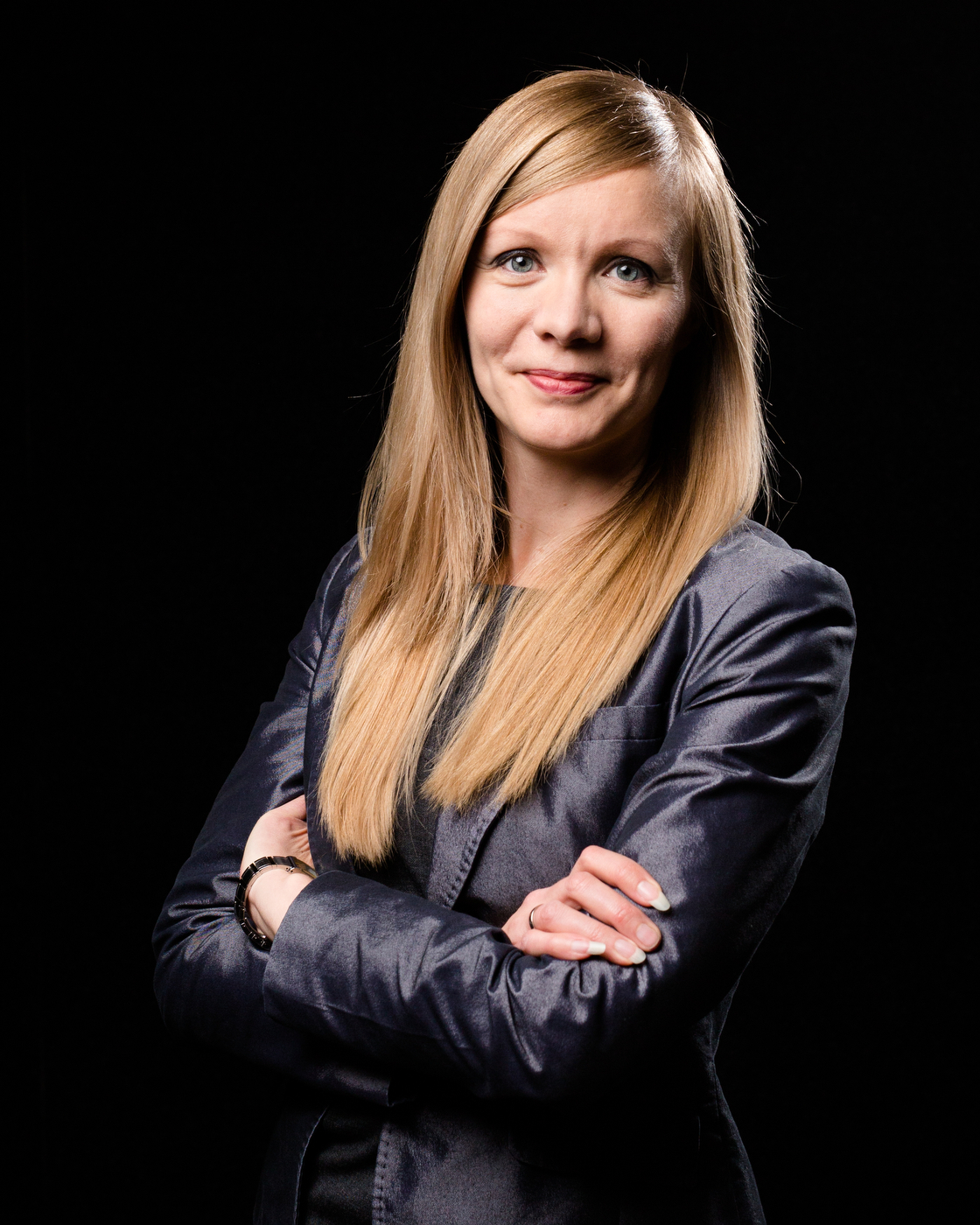
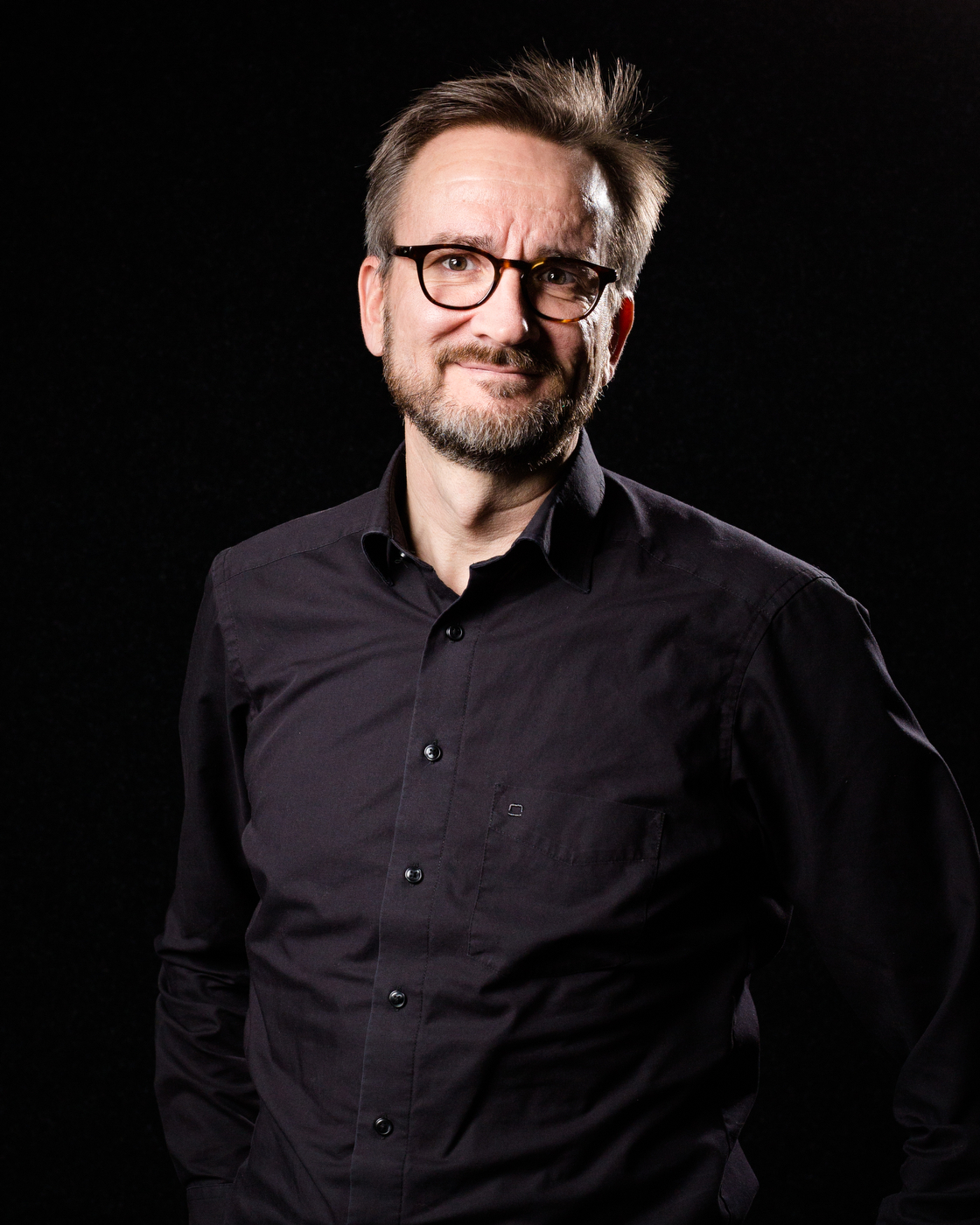
LATEST
Keep up with what’s happening.